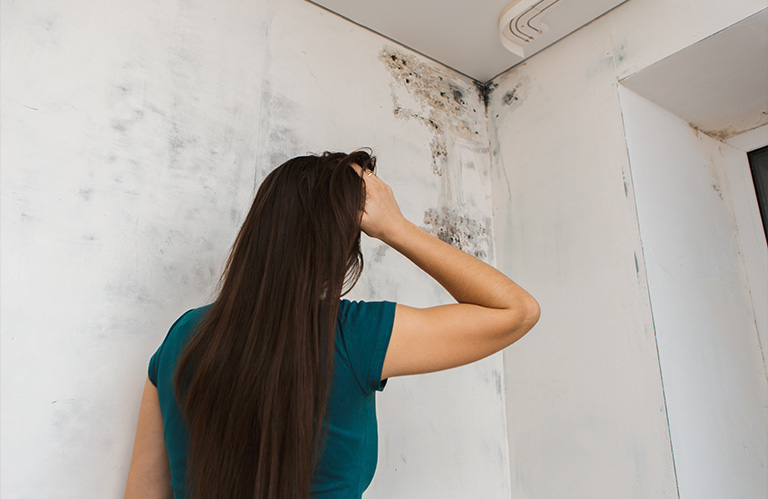- Home
- About
- Services
SPECIALTY CLEANING & RESTORATION
EMERGENCY CLEANING
- Case Studies
- Caring For It™
- Contact Us
- Home
- About
- Services
SPECIALTY CLEANING & RESTORATION
EMERGENCY CLEANING
- Case Studies
- Caring For It™
- Contact Us
24/7 Restoration Cleanup - Bahamas
24/7 Restoration Cleanup
At A.L. Cleaning, we understand that disasters do not adhere to a schedule and can occur whenever, wherever. This is why our team is available 24/7. We mean it! Call us any day or time and we will be at your door within 45 minutes. No matter the damage or emergency disaster you are dealing with, you can rest assured our restoration experts have seen it all. We have the proper resources, equipment, and training to restore your property quickly and efficiently.

Water Damage
Our team understands that no two water damage emergencies are the same. The common causes of water in a home or business can vary from an overflowed bathtub, a burst pipe, sewage backup, or a major appliance like a water heater. No matter how severe the problem or cause, our expert technicians approach each disaster with an effective proven process.
Water damage can happen unexpectedly, any time or any day, to a business or home. A water damage emergency can quickly become a major problem if not addressed quickly. Often many property owners prefer to take care of the water emergency themselves, however many times a professional is needed. Water extraction, structural drying, and restoration are essential based on the amount of water that flooring, walls, and other contents are exposed to.
A.L. Cleaning does exactly this.
Our crew acts quickly, beginning the water damage restoration process by removing the water and utilizing advanced techniques and equipment to completely dry out the affected areas.

Mold Remediation
Molds are very common in buildings and homes. Mold will grow in places with a lot of moisture, such as around leaks in roofs, windows, or pipes, or where there has been flooding. Mold grows well on paper products, cardboard, ceiling tiles, and wood products. Mold can also grow in dust, paints, wallpaper, insulation, drywall, carpet, fabric, and upholstery.
Exposure to damp and moldy environments may cause a variety of health effects, or none at all. Some people are sensitive to molds. For these people, exposure to molds can lead to symptoms such as stuffy nose, wheezing, and red or itchy eyes, or skin. Some people, such as those with allergies to molds or with asthma, may have more intense reactions.
Severe reactions may occur among workers exposed to large amounts of molds in occupational settings, such as people working around moldy walls. Severe reactions may include fever and shortness of breath.
We're here to help. Contact us.
If you are in the Bahamas area, and are in need of restoration cleanup services, call (242) 364-8211 or use our CONTACT FORM to send us a message.

